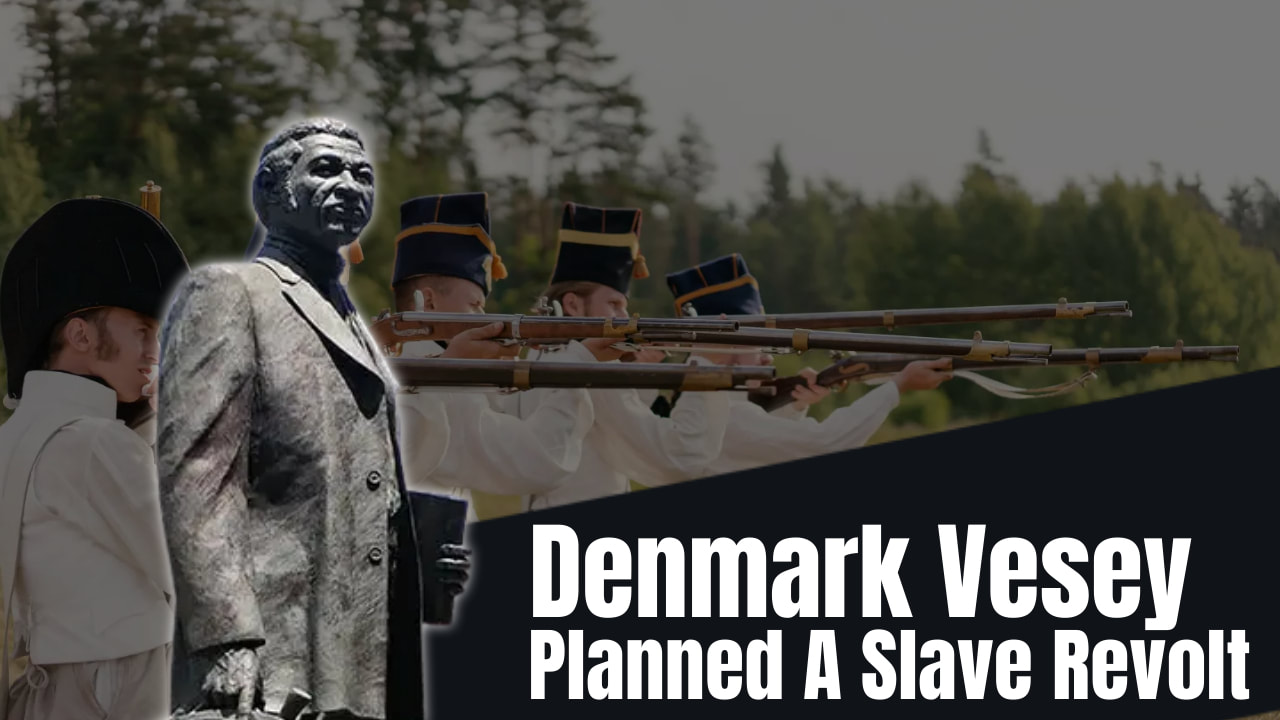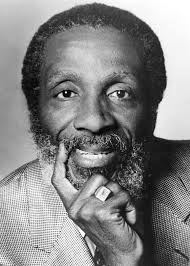|
On January 2nd, 1814 Oscar Micheaux was born in Metropolis, Illinois to parents Calvin and Belle Micheaux, who were former slaves. One of thirteen children, Oscar went on to become one of Hollywood’s biggest surprises. As a seventeen-year-old, he left his home for the big city of Chicago, Illinois where he got a job as a Pullman porter. At the time this was one of the best jobs for blacks in the days of Jim Crow. By learning the philosophies of Booker T. Washington and Horace Greeley, Micheaux was able to acquire two 160-acre tracts of land in Gregory County, South Dakota, in 1905, despite having no farming experience. After spending several years in South Dakota as a homesteader, he compiled material to use in his first novel, “The Conquest: The Story of a Negro Pioneer”; which was loosely based on his life and published in 1913. Later in 1917, it was rewritten and became his most famous novel, “The Homesteader”. Oscar self-published and distributed the novel by going door-to-door to small businessmen and fellow homesteaders. In 1915, due to financial troubles, Micheaux lost his homestead, causing him to move to Sioux City, Iowa, and establish the Western book and Supply Company, where he continued to write and sell novels. During this time, African American film pioneers George and Noble Johnson, directors of the Lincoln Motion Picture Company, were looking to make his book, “The Homesteader”, into a movie. Micheaux denied them, however, because he wanted to direct the film himself. He later reorganized the Western Book and Supply Company into the Micheaux Film and Book Company. In 1918, he produced “The Homesteader” into a film, predating Charlie Chaplin who didn’t debut until 1921. In 1920, Micheaux made his next movie, “Within Our Gates”, as a response to “The Birth of a Nation”, a racially charged movie by D.W. Griffith that glorified the Ku Klux Klan. “Within Our Gates” challenged the negative stereotypes set by Griffith’s film that blacks were a vile, unproductive, subhuman species, living in America, and that racism can be challenged. Micheaux showed the African American as an upstanding human rather than a subhuman species. A thought held by the white masses. Over the next thirty years, Micheaux would go on to make over 30 movies that were radically different from the Hollywood portrayal of blacks in films. He is regarded as one of the most successful and prolific black filmmakers, providing a diverse range of non-stereotyped characters that black actors could play. Micheaux set a foundation for future black filmmakers to create films showing blacks in a positive light, rather than using film to further denigrate the black race. He showed courage and vision, which helped him realize his dreams. Mr. Oscar Micheaux, we proudly stand on your shoulders. Click here to support the OTSOG book series
0 Comments
On October 12, 1932 in St. Louis, Missouri Dick Gregory was born to to parents Presley and Lucille Gregory. His family was poor so Gregory learned to make a way for himself early in life. While in high school Gregory tried out for the track team, he eventually made the team and excelled in track, helping him earn a track scholarship to Southern Illinois University Carbondale. While in college he became a track star and received the school’s outstanding athlete award. In 1954 he was drafted into the U.S. Army, there he got his start as a comic by winning several of the talent shows he entered. He was encouraged by his commanding officer to pursue comedy; he was discharged by the Army in 1956 and returned to Southern Illinois, briefly, before dropping out to change the world. His next step was moving to Chicago to take comedy seriously. He incorporated relevant social and political issues within his comedy, making him different from Bill Cosby or Nipsey Russell. In 1958 Gregory attempted to open a night club called Apex. The club was a failure and Gregory experienced financial hardships. He would not allow that set back to stop him; in 1959 he became the master of ceremonies at the Roberts Show Club. As an upstart comic, Gregory worked at the United States Post Office as well as all-black comedy clubs to make ends meet. His progress was starting to pay off. He became one of the first black comics to gain acclaim performing for an all-white audience. At that time blacks were not allowed to perform in front of white audiences; Gregory stated, “Blacks could sing and dance in the white night clubs but weren’t allowed to stand flat-footed and talk to white folks, which is what a comic does.” In 1961 while performing at the Roberts Show Bar in Chicago, Illinois, Gregory was spotted by Hugh Hefner who hired him to work at the Chicago Playboy Club to replace the white comedian Professor Irwin Corey. Gregory’s next step was an appearance on The Tonight Show starring Jack Paar. The show was known for helping to propel young talent into the lime light. The Tonight Show offered Gregory an invitation to the show several times, but he refused because blacks were allowed to be on the show, but could not sit and be interviewed by Jack Paar. Gregory informed the show that he would not perform unless he could be interviewed like his white counterparts. The producers of the show finally agreed to allow Gregory to perform and be interviewed. This was the first time a black person was interviewed by Jack Parr on The Tonight Show. Gregory’s interview was one of the first times white America had a chance to see a black person in a humanizing manner on television. After the show Gregory’s career took off and he was on the road to becoming a legend. In 1959 Gregory married Lillian Smith and they produced ten children, as well as a happy productive marriage. Gregory was often labeled as an absent father. In typical Gregory fashion he replied candidly; “People ask me about being a father and not being there. I say, `Jack the Ripper had a father. Hitler had a father. Don’t talk to me about family.” Mr. Gregory was also a political activist; in 1963 he spoke in Selma, Alabama to help the voting drive for African-Americans known as “Freedom Day.” That same year Gregory published his first book Nigger: An Autobiography. In 1967 Gregory ran against Richard J. Dailey for Mayor of Chicago, he did not win but this was the beginning of his persistence towards political reform. In 1968 Gregory ran for the Presidency of the United States of America. He was a write in candidate of the Freedom and Peace party; he did not win but he was the first African-American to run for president. His campaign garnered over 47,097 votes; it also landed him on the master list of Nixon’s political opponents. In 1968 Gregory wrote his second book Write me In, which gave insight into his presidential campaign. In 1975 Gregory and assassination researcher Robert Gordon appeared on Geraldo Rivera’s Goodnight America. This television event would prove to be historical, for the first time the film of JFK’s assassination was aired on public television. The showing sparked outrage which led to the forming of the Hart-Schweiker Investigation. This eventually led to the House Select Committee on Assassinations investigation. In 1979 Gregory and Mark Lane conducted research into the assassination of Dr. Martin Luther King. This caused the U.S. House Select Assassinations Committee to investigate Dr. King’s and JFK’s murder. Gregory and Lane coauthored the book Code Name Zorro, which gave the conclusion that James Earl Ray did not work alone in the killing of Dr. King. In 1999 Gregory was diagnosed with lymphoma, which he began treating with herbs, vitamins and exercise, the experience changed the way Gregory viewed his health. He became an advocate for a raw fruit and vegetable diet after becoming a vegetarian in the 1960’s. He became a model for healthy living by changing his lifestyle and helping others change their lives as well. He developed a health drink called “Bahamian Diet Nutritional Drink”; which is commonly called “Dick Gregory” within the black community. He founded Health Enterprises, Inc. in 1984 as a means to help improve the life expectancy of African-American males. Mr. Gregory was a jack of all trades but a master of self, he believed in freedom, justice, equality, health, and success. He released several audio works such as; In Living Black and White (1961), East & West (1961), Dick Gregory Talks Turkey (1962), The Two Sides of Dick Gregory (1963), and more. Mr. Gregory has a career that covers five decades of work helping to improve conditions within the African-American community as well as within American society. Mr. Gregory has shown his courage and tenacity many times on countless issues. The dedication and love he shows for African-Americans is unparalleled by any other comedian in history. He is a living legend and a great influence on African people. Mr. Richard “Dick” Gregory, we proudly stand on your shoulders. J.A. Ward. Click Below to view the Richard “Dick” Gregory video. |
Details
Categories
All
Click Here to join our mailing list
|
Contact Us: |
Connect With Us |
Site powered by PIT Web Design



 RSS Feed
RSS Feed



